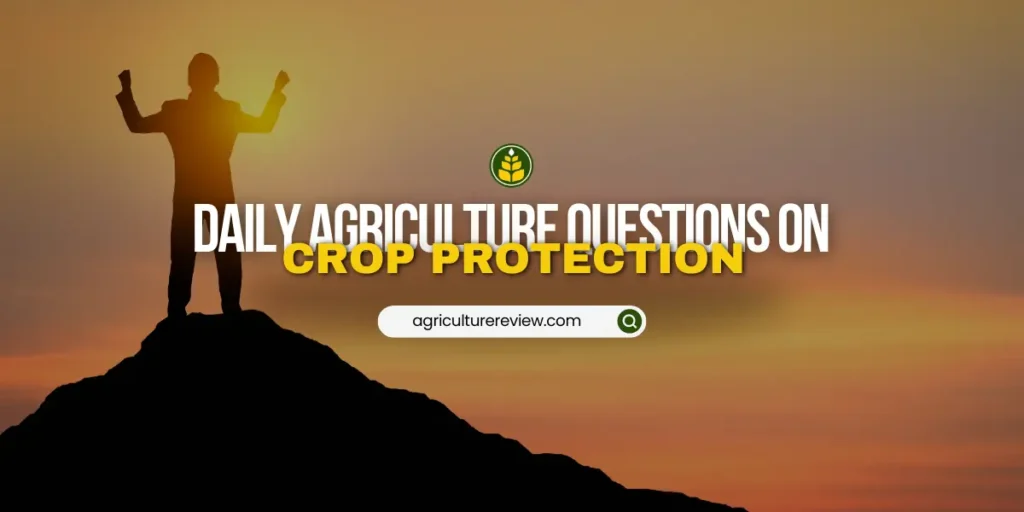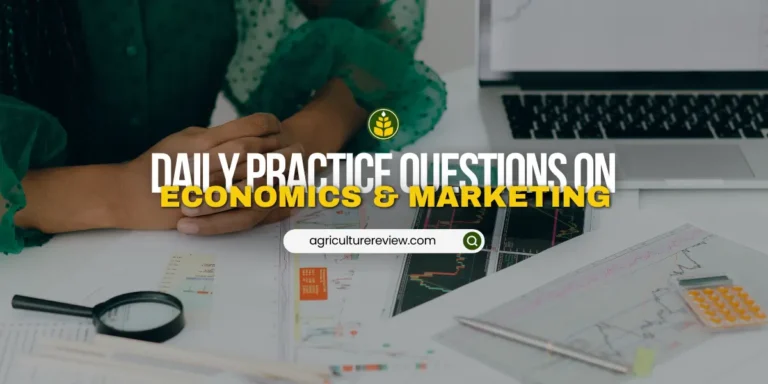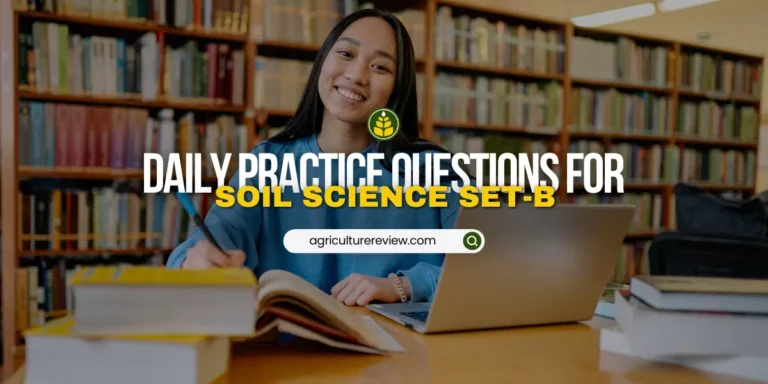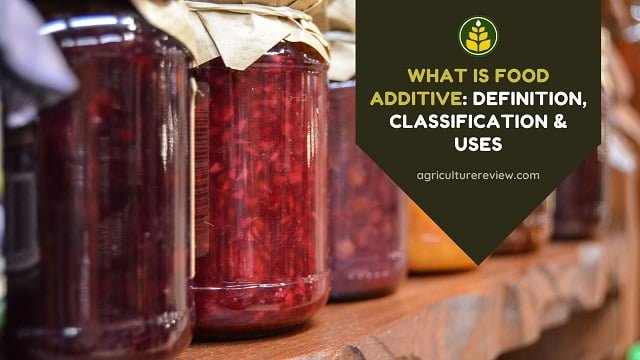Hi agriculturists, welcome to the daily Crop Protection MCQ Questions!. Read all the questions very carefully before attempting. Today’s test series consists of 50 questions based on the previous year’s questions of the Licensure Examination for Agriculturists. Hence, attempting these questions will help you improve your skills for the upcoming examination.
In this test series, we have focused on MCQ Questions on Crop Protection. With the help of this test series you will be able to test your knowledge and prepare well for the upcoming examinations.
Every day we launch new test series for agriculture students at 3:30 p.m. To get a daily doze of questions in your feed, you can join our Facebook Broadcast Group by clicking on the Facebook icon present above the image. You can also share this link on social media platforms or with your friends to invite them to this test series.
Subscribe to our newsletter!

MCQ On Crop Protection
Your Quiz Result
Share your score with friends!
MORE TEST SERIES: Animal Science, Confidence Booster, Agricultural Economics, General Agriculture
If you have any queries, ideas or suggestions, then please comment below. You can also connect with Agriculture Review on Facebook, Instagram, Koo and WhatsApp Messenger.






Thank you So much 😊
I need more practice of reading